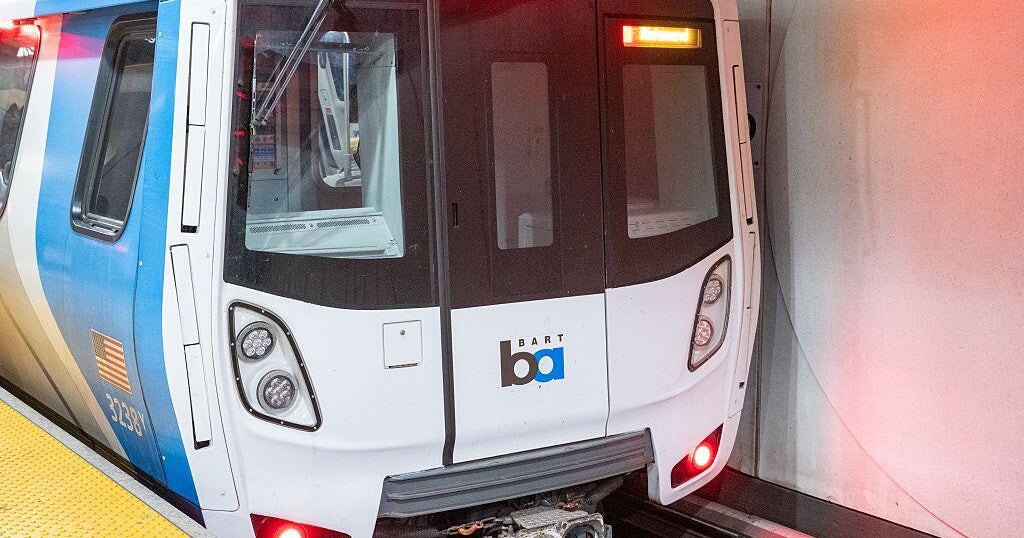BART to improve elevator, escalator access after lawsuit alleging ADA violations
Finding an elevator out of order at a BART station can be an inconvenience for many, but for people with disabilities who rely on elevators to reach the platform, an out-of-order elevator or escalator can mean getting to work late, missing appointments, or simply feeling like second-class citizens.
On Thursday, the transit agency settled a class action lawsuit brought by members of the disability community to clean up BART's elevators and escalators and ensure that the agency is making a genuine effort to keep these conveyances working and in good repair and condition.
The suit was filed in April 2017 in the U.S. District Court for the Northern District of California on behalf of the group Senior and Disability Action in San Francisco and the Independent Living Resource Center of San Francisco, along with two people with mobility issues. The plaintiffs were represented by Disability Rights Advocates, or DRA, a national nonprofit legal center.
According to DRA, the settlement resolves allegations that BART has systematically failed to ensure full and equal access to its stations and services, thereby violating the Americans with Disabilities Act, or ADA.
As part of the settlement, BART has agreed to renovate its elevators and escalators and must dispatch a repair person within one hour after either conveyance breaks down at a station (two hours are allowed on weekends and holidays).
The same goes for station cleanliness, including conveyances. If financially feasible, BART is to continue its escalator and elevator attendants program, which monitors vandalism and/or urination on or in the contraptions.
"The Agreement ensures, among other things, that BART will make reasonable best efforts to renovate, make prompt repairs and implement preventative maintenance plans of elevators and escalators to provide continuous, uninterrupted service," reads the judge's order.
The court found that BART failed to provide equal access to its services for people with mobility issues, and that "Plaintiffs allege that they and other people with mobility disabilities are denied full and equal access to the BART system and are provided a level of service vastly inferior to that which BART's non-disabled customers enjoy."
BART denies this, according to the final settlement, with the court noting that "Defendants expressly deny these allegations and assert that they have always complied with the law."
BART must also now develop an emergency preparedness plan for passengers separated from their mobility devices during an emergency. The agency must also beef up its procedure and protocol for complaints regarding accessibility issues.
"This settlement ensures that people with mobility disabilities are not excluded from the Bay Area's mass transit system and do not receive a level of service vastly inferior to non-disabled people," said Jinny Kim, supervising attorney at DRA.
Ian Smith, a plaintiff in the case and wheelchair user who rides BART, said Thursday that he was pleased with the judge's order.
"I am proud of what we accomplished through this settlement and happy that BART is prioritizing the needs of the disability community," Smith said.
The judge's final order states that BART denies the allegations and does not concede liability.
In an email on Thursday, BART spokesperson Alicia Trost said the agency has a long track record of providing equal access to all riders.
"BART has been a pioneer in ensuring access to all people throughout our history," she wrote. "We were the first 100-percent accessible public transit system in the nation and we have reinforced our unwavering commitment to meet the needs of everyone regardless of their level of mobility."
Trost said the agency's efforts are ongoing.
"Working with advocates and those most impacted, we are advancing a series of improvements to elevators, escalators, training, and other things like accessible path signage," she said. "We will continue to work to make BART as accessible as possible for all of our riders."







